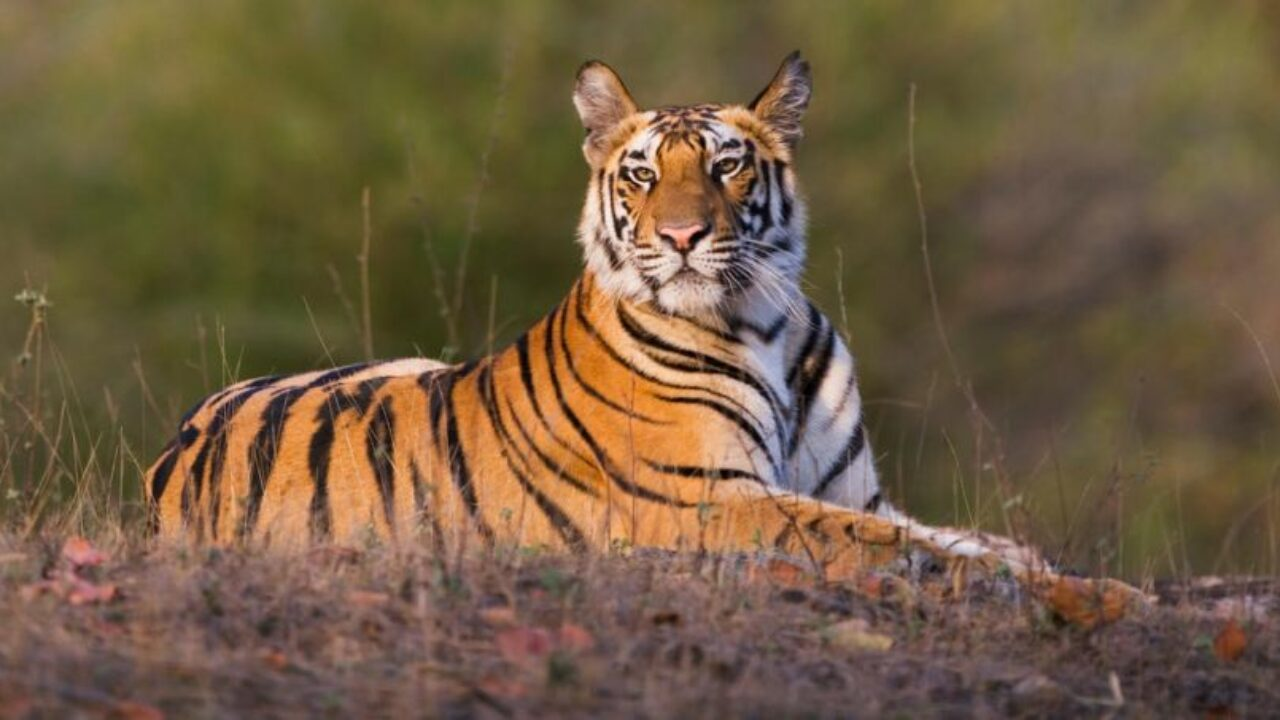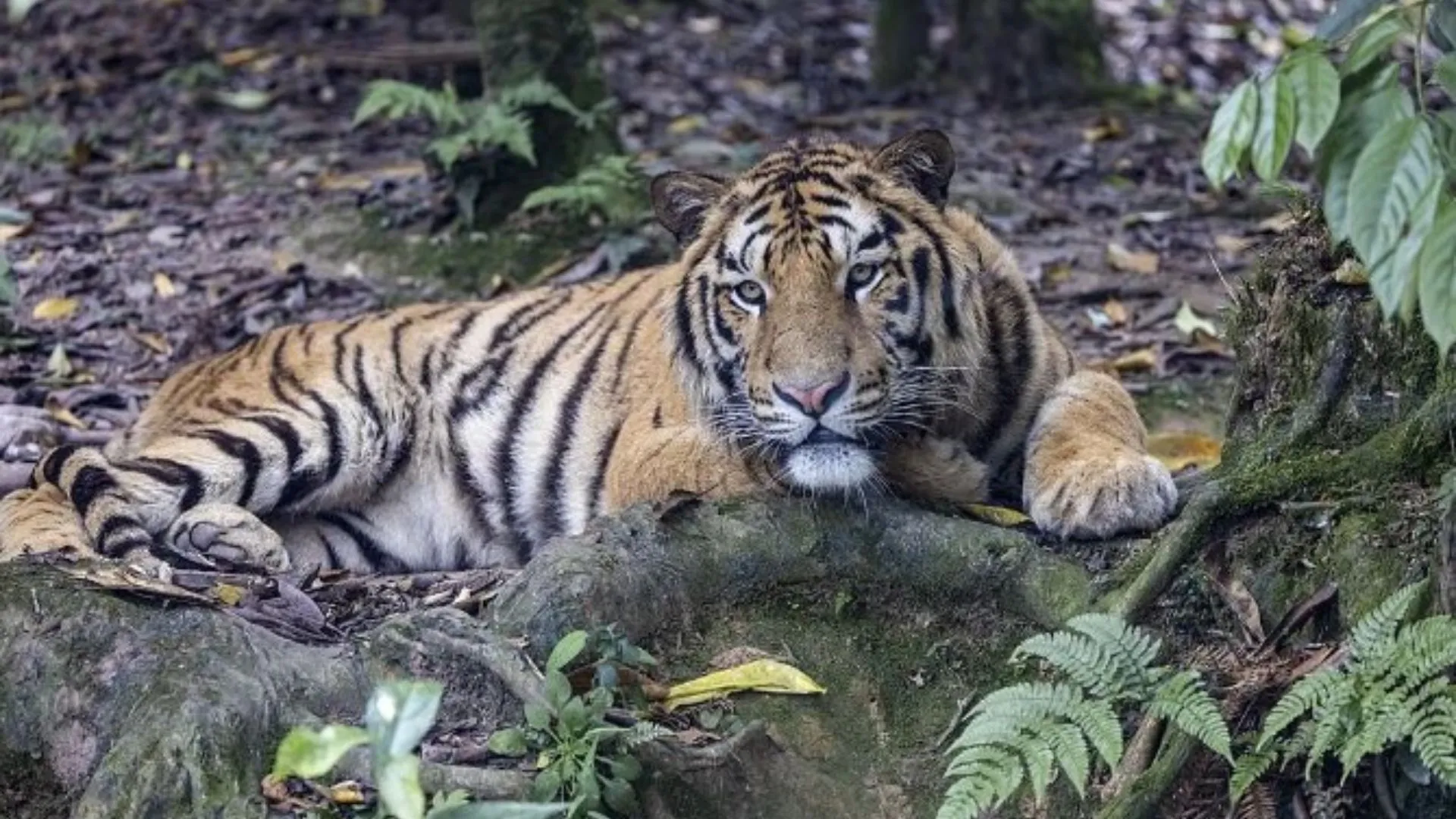India has achieved a groundbreaking milestone by preparing a comprehensive fauna list, encompassing 1,04,561 species, becoming the first country globally to accomplish this feat. The ‘Fauna of India Checklist Portal’ was launched on the 109th Foundation Day of the Zoological Survey of India (ZSI) in Kolkata by Union Environment Minister Bhupender Yadav.
This remarkable achievement positions India as a leader in biodiversity documentation. The checklist includes 121 lists of all known taxa, covering 36 phyla and highlighting endemic, threatened, and scheduled species.
The significance of this comprehensive fauna list is multifaceted:
Conservation and Protection: By documenting all known animal species in India, the list provides a baseline to track biodiversity changes and identify threatened or endangered species requiring targeted conservation efforts.
Scientific Research: The detailed inventory of India’s fauna serves as an invaluable resource for scientists, researchers, and policymakers, aiding in understanding the country’s rich ecological diversity and making informed decisions about the sustainable management of natural resources.
International Leadership: As the first country to prepare such a comprehensive national-level checklist, India sets an example for other nations in biodiversity documentation and conservation.
Informing Policy and Planning: The checklist will assist the government in developing more effective policies and programs for wildlife protection, habitat preservation, and environmental management across India.
Minister Yadav emphasized the checklist’s value as a reference for taxonomists, researchers, academicians, conservation managers, and policymakers. He highlighted India’s commitment to biodiversity conservation and the country’s enhanced role in global environmental stewardship.
“India is a global champion in biodiversity conservation,” Yadav stated, referencing the “Ek Ped Maa Ke Naam” initiative as a testament to the country’s dedication to environmental preservation. This program was one of the first major initiatives undertaken by Prime Minister Narendra Modi after his re-election.
Yadav also pointed out other government initiatives aimed at preserving biodiversity, such as the International Big Cat Alliance, and cited the successful relocation of cheetahs to India as an example of the country’s effective conservation efforts.
This comprehensive fauna checklist marks a significant step forward in India’s commitment to protecting its natural heritage and sets a benchmark for biodiversity conservation worldwide.























